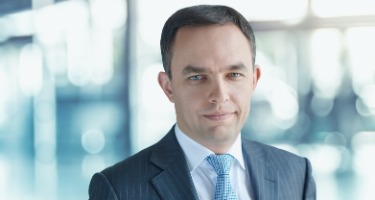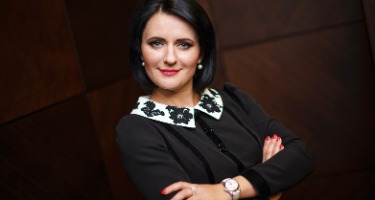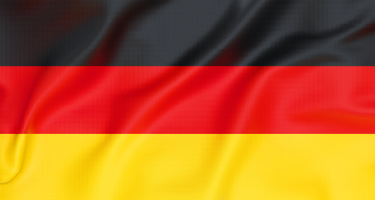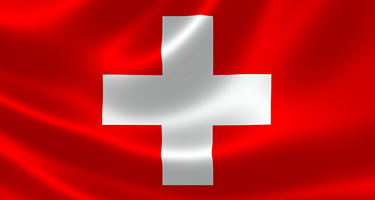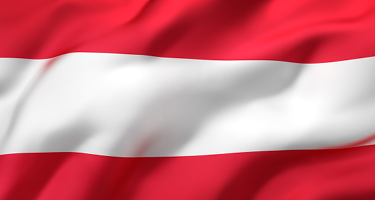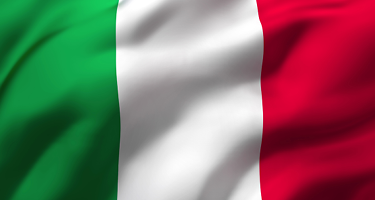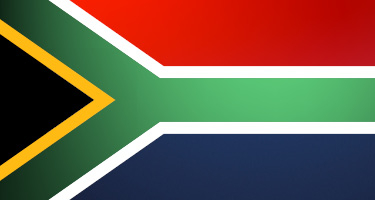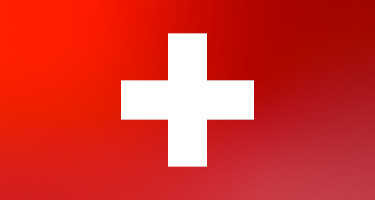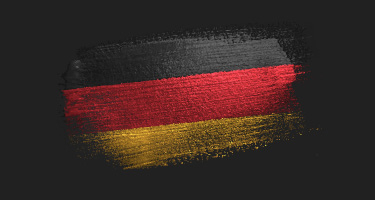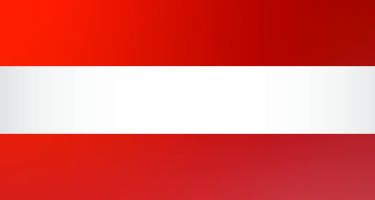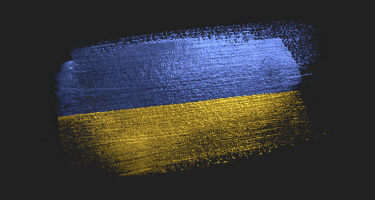In an interview with Best Lawyers CEO Phillip Greer, Ukrainian Competition & Antitrust attorney Igor Svechkar of Asters discusses the changes coming to the Ukrainian legal market, the emerging influence of state aid programs, and his firm’s 2019 “Law Firm of the Year” award.
What inspired you to focus your expertise in this practice?
When I began my career back in late '90s, competition law in Ukraine was in its very early stages, and it wasn’t an area that was practiced exclusively. This left the field largely available, as it wasn’t saturated by other professionals.
I was inspired to take this on, to do competition analysis and competition work. For the first few years, I was primarily M&A lawyer, and competitions amounted to maybe 20 to 30 percent of my work. Later, perhaps three years into my practice, competitions grew to 100 percent of my work. Because of that, I started to develop this more focused practice, and to form a team. Eventually, other competition partners joined our firm.
The first competition law in Ukraine was adopted in 2001 and become effective in 2002, and I started my practice in 1998. Essentially, my work coincided with the introduction of this new legislation and my own interest in doing competition work. In part because of the proper timing, my work received a significant boost after the new law became effective. This law was modeled after the German law, and more aligned with the European principles, being completely different from the law existing before. This boosted competition-related work and the number of mandates we were receiving from international clients.
What achievements are you most proud of the past year that helped lead your firm to being named “Law Firm of the Year”?
I would say that we make achievements every year. We have the leading practice in Ukraine, we are twice as big as our closest competitor, and we are highly rated everywhere. We are doing both high-profile investigations and litigations in this area.
The last year was not an exception to this. We worked on a number of the most important transactions, litigations, and investigations by the competition authority. My team advised on some huge deals in agrochemicals, and my partner worked on environmental issues. Of course, we are very proud that our clients relied on us in these mega-mergers, which were quite significant for Ukraine as well, because agrochemicals are a very big market in our country. We also worked on a number of investigations in pharmaceuticals and energy, fuel, and in some other areas as well, including investigations into dominance and cartels.
We have the leading practice in Ukraine, we are twice as big as our closest competitor, and we are highly rated everywhere.
Another significant thing to happen was that Ukraine adopted state aid laws (also modeled after the European ones). So now we have this as a separate area. The law became effective in August 2017 and now it is in full force.
We are aiming to develop the state aid practice within our firm. The state aid area in Ukraine is also controlled by the Anti-Monopoly Committee of Ukraine, the national competition authority. We have a goal to become pioneers in this practice and establish ourselves as the leading state aid law firm.
Can you tell me about one or two landmark cases that were significant to you?
One of the landmark cases which I can mention would be a retail cartel case, which was investigated for roughly four years, and then litigated for another two years. That was an alleged hub-and-spoke cartel involving many retailers, and also ACNielsen, the marketing intelligence agency supplying information to this retail chain. They were accused of information exchange through which allegedly this retail chain colluded.
I represented METRO Cash & Carry in the investigation and litigation, and one of my partners represented ACNielsen. That was quite an interesting experience, involving lots of various evidence, information and also competition, economics, analysis, and other things.
It was litigated and we went through three stages, and then took off to the highest commercial court. When the court overturned the decision, we went again and finally we won for both clients. This is viewed as one of the landmark cases, because many substantive competition issues were explored by the competition authority in the courts in that case. They are now made precedents for many other incidents of competition enforcement in Ukraine.
What changes have you seen this past year? What do you see continuing to change, and how is that being affected by policy?
State aid would be the most significant one, but apart from that, the trend which we expect is that the Anti-Monopoly Committee of Ukraine will be more focused on the investigations similar to those which the United States authorities and the EC are doing.
So far, Ukrainian competition authority was very much focused on what they call social important markets (pharmaceutical, retail, gas stations etc.). However, now they are getting more appetite to investigate something similar to what the European Commission is doing with regard to Google and other technology markets, eCommerce, and other things.
We are hoping that the Ukrainian competition authority will be more focused on these areas. The AMC officers are already saying that they see the potential for these cases, because many practices of companies operating worldwide are the same both in Europe and in Ukraine.
[RELATED: Nomination deadline for the United Kingdom is February 18]
Also, we have two draft laws in the pipeline, amending the existing competition law. We expect at least one of them to be adopted within the nearest six months or so. This would be very important for competition practice, because these draft laws address due process and access to files and many other things which have not been properly regulated so far and which prevented the development of a coherent and consistent practice for the courts.
If you’re looking for legal guidance on any matter, use the Best Lawyers Find a Lawyer tool to connect with experienced lawyers ready to assist.


